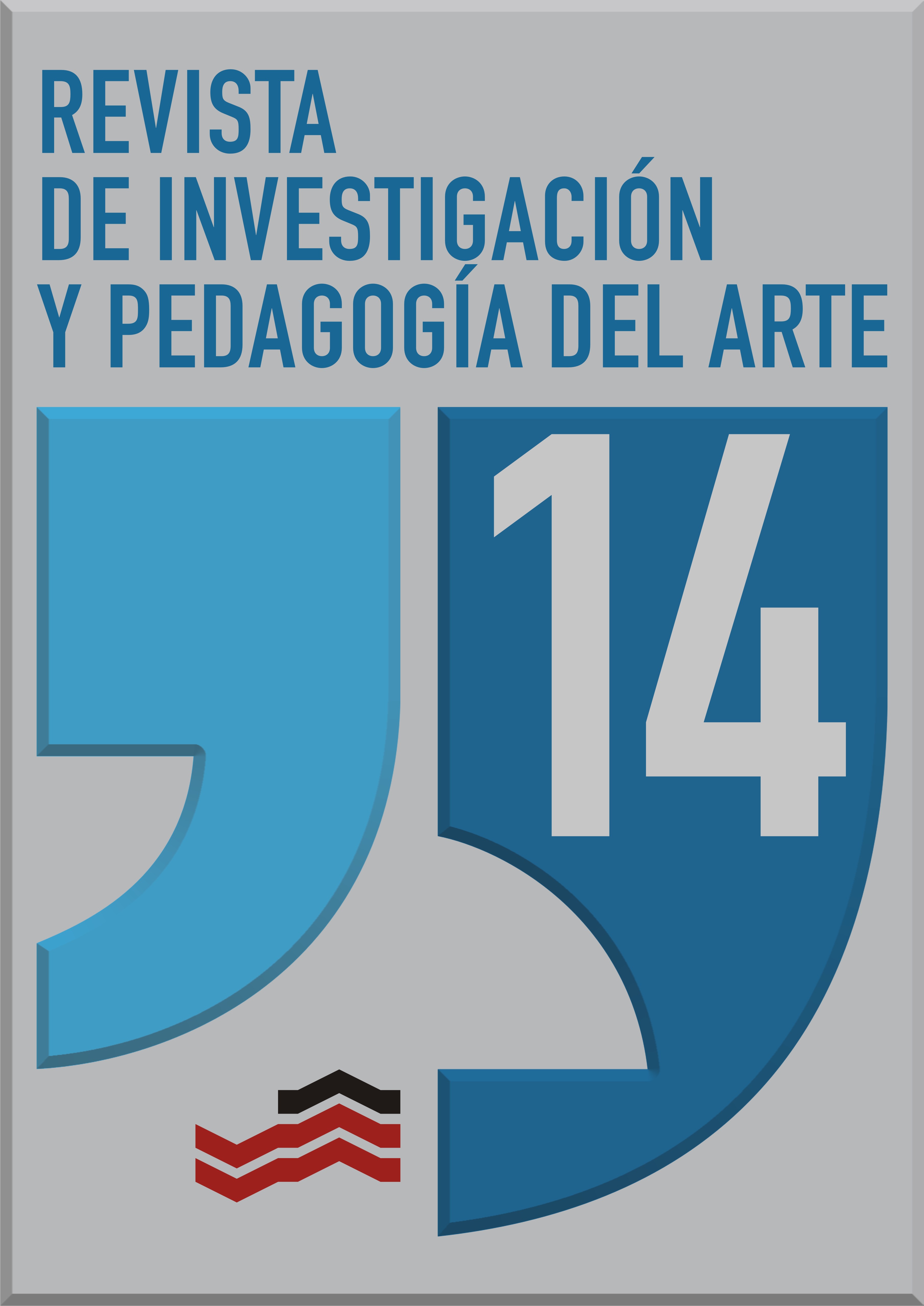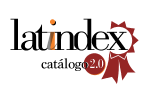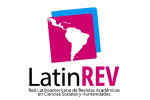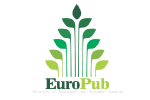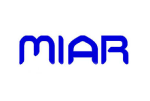Digital tools as pedagogical strategies in the creative process of the visual arts
DOI:
https://doi.org/10.18537/ripa.14.03Keywords:
Painting, Drawing, Art, Pedagogy, technologyAbstract
This work proposes a reasoning on contemporary artistic action in the field of visual arts and technology, using a system of research that is qualitative, comparative and documented based on the results of existing didactic-experimental projects that visualize the creative nuances of digital software within the visual evolution of the arts and the unavoidable adaptation that students and teachers face in the distinct learning processes, obtaining a congruent discourse that enriches the culture of art within a context that ignores the possibility of technological denial and that, on the contrary, tries day after day to adapt and recognize the use of new didactic platforms. In addition, the project maintains an academic approach focused on virtualities, applied from pedagogy; it investigates, suggests and documents other points of view from the teaching experience in different pedagogical projects referring to the impact created by the new virtualities within the creative process and its expressive possibilities, as well as in the final result of the work of art while warning an important change in era, not only on an academic level but also on a social and cultural level, therefore giving way to new teaching possibilities in the field of visual arts.
Downloads
References
Alias System Corporation. (2009). Sketchbook Pro (IOS4.0) (aplicación móvil). Sketchbook Inc. https://www.sketchbook.com/
Benjamín, W. (1989). La obra de arte en la época de su reproductibilidad técnica. Buenos Aires, Argentina: Taurus. Disponible: https://www.ucm.es/data/cont/docs/241-2015-06-06-Textos%20Pardo_Benjamin_La%20obra%20de%20arte.pdf
De León Yong, T., Ortiz, E. (2018). PAPIME PE404717 Experiencias creativas para el dibujo en entornos de realidad virtual. Disponible: http://dibujovirtual.rua.unam.mx/assets/informe_final_papime.pdf
Eduardo Paz. [Simplificando]. (octubre de 2022). 10 Software de INTELIGENCIA ARTIFICIAL para Dibujar, Pintar, Generar una Ilustración y Crear Video. [Video]. YouTube. Disponible https://www.youtube.com/watch?v=q0THfs1ICac
EDUTEKA, (2003), Reseña de software para artes visuales; EDUTEKA, Edición 16, Disponible: http://www.eduteka.org/ArtesVisuales.php
Garcés, L. (25 de marzo de 2016). La aceptación de una técnica naciente y la estética de un nuevo medio. HISTORIA V-VI Un acercamiento global al siglo XIX y XX. Disponible: https://lyndagarces.wordpress.com/2016/03/25/la-aceptacion-de-una-tecnica-naciente-y-la-estetica-de-un-nuevo-medio/
Guzmán, M. (julio-diciembre de 2020). Lo análogo frente a lo digital: Nuevas realidades en el entorno creativo de las Artes Visuales. Revista de investigación pedagógica del arte Facultad de Artes Visuales Cuenca. (8) (ISSN 2602-8158). Recuperado el 27 de octubre de 2022, de: https://publicaciones.ucuenca.edu.ec/ojs/index.php/revpos/article/download/3293/2317/11411
Hedges, T., Zimmer, M. (2000). Corel Painter (2021) Software de computación. Corel corporatin. www.painterartist .com
Kant, Immanuel. (1998). Crítica de la Razón Pura. Prólogo, traducción, notas e índices, Pedro Rivas. Decimoquinta edición. Madrid: Alfaguara.
López, J. (2003). Reseña de software para artes visuales; EDUTEKA, Edición 16, Disponible: http://www.eduteka.org/ArtesVisuales.php
Pastor, J. (27 enero de 2021). Google convierte a Tilt Brush en Open Source: la popular App de pintura en 3D en realidad virtual pervivirá gracias a los usuarios. Xataka. Disponible:https://www.xataka.com/realidad-virtual-aumentada/google-convierte-a-tilt-brush-open-source-popular-app-pintura-3d-realidad-virtual-pervivira-gracias-a-usuarios
Russell, A. (2019). NigthCafe (1) (Inteligencia Artificial). NightCafe Studio Pty Ltd. https://nightcafe.studio/
Skillman y Hackett. (2016). Tilt Brush-OpenSource (Software de computadora). Google. https://www.tiltbrush.com/
Torres, A. R. (2013). La experiencia en la estética trascendental de Kant. Cuestiones de Filosofía, (15), 65-88. https://doi.org/10.19053/01235095.2104
Vleeschauwer, Herman Jean (1977). “Kant” Historia de la filosofía siglo XX. México: Siglo XXI Editores.
V.A. (2018). PAPIME PE404717 Experiencias creativas para el dibujo en entornos de realidad virtual. FAD-UNAM. Disponible en: http://dibujovirtual.rua.unam.mx/index.html
Published
Issue
Section
License

This work is licensed under a Creative Commons Attribution-NonCommercial-ShareAlike 4.0 International License.

